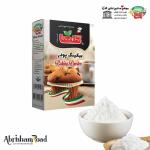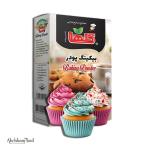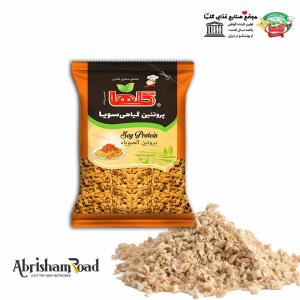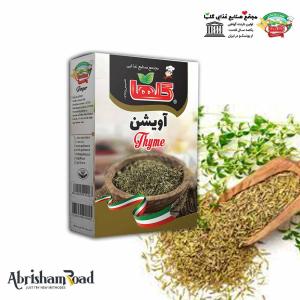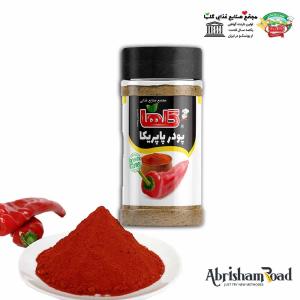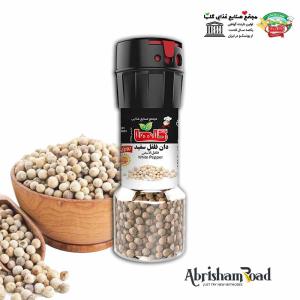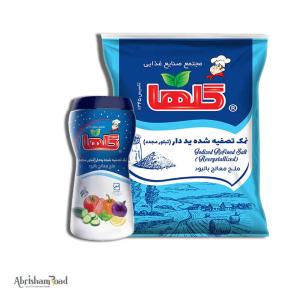Baking Powder For Wholesale in Best Price Order Now
- Baking powder is a crucial kitchen ingredient known for its leavening properties, helping baked goods rise and become light and fluffy.
- It consists of an acid, a base, and a filler, typically cornstarch, which work together to produce carbon dioxide gas when mixed with moisture and heat.
- Baking powder plays a pivotal role in recipes where yeast or extended fermentation is impractical, making it essential for quick breads, cakes, and pancakes.
- Two main types of baking powder, single-acting and double-acting, offer flexibility in various baking applications.
- Precision in its use is important to avoid an undesirable metallic taste in baked treats.
Baking Powder: The Secret Behind Perfect Baking
Baking powder, an unassuming kitchen staple, plays a crucial role in creating the light and fluffy texture of countless baked goods. In this article, we explore baking powder, its components, functions, and its transformative impact on the world of baking.
The Basics of Baking Powder:
Baking powder serves as a leavening agent, releasing carbon dioxide when combined with moisture and heat. It comprises an acid, a base, and filler, typically cornstarch, working harmoniously to facilitate the desired chemical reaction in batter or dough.
The Role of Baking Powder:
Baking powder is essential for providing the necessary rise and tenderness in recipes where yeast or lengthy fermentation processes are impractical, such as quick breads, cakes, and pancakes.
Types of Baking Powder:
There are two primary types: single-acting, which releases gas upon contact with liquid, and double-acting, which releases gas both upon mixing and exposure to heat, offering greater baking flexibility.
Using Baking Powder:
Precision in following recipes and avoiding excessive use of baking powder is essential to prevent an undesirable metallic taste in baked goods.
Conclusion:
Baking powder quietly revolutionizes the world of baking, enabling the creation of airy, delectable treats. Its careful balance of acid, base, and filler makes it an unsung hero in the culinary realm, producing the delightful textures we savor in our favorite baked creations.
Add your review
Your email address will not be published. Required fields are marked *
Please login to write review!
Looks like there are no reviews yet.

- More than 4 Reviews
- Has more than 20 products
- More than 60% customer satisfactions
- warranty their products
- Has Order Returns
- Free Shipping
by Abrisham Road
Inspection group .co
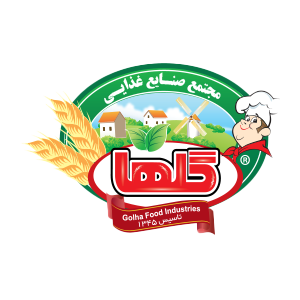
Golha Food Industry Company
- Store rating
0
- Staff
150
- Offers
> 100
- Products
19


